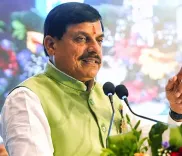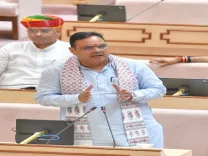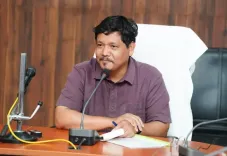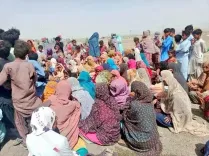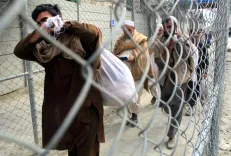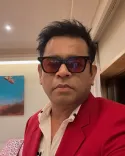Is it unfortunate that 15 votes were rejected? Congress MP Imran Masood weighs in on cross-voting claims in VP election
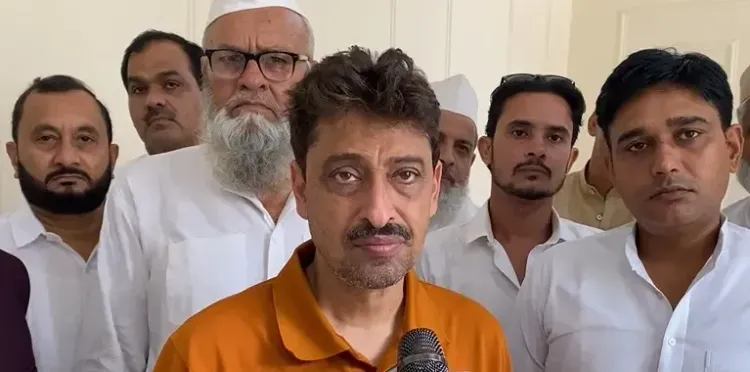
Synopsis
Key Takeaways
- Concern over rejected votes raises questions about electoral integrity.
- Imran Masood's remarks highlight the need for accountability among MPs.
- Political discussions are intensifying following the VP election.
- The situation in Nepal serves as a cautionary tale for India.
- Governments must listen to the voices of the youth.
Saharanpur (UP), Sep 10 (NationPress) As the issue of cross-voting gains traction in the Vice Presidential election, Congress MP Imran Masood raised alarms regarding the rejection of 15 votes during the voting process. He described this situation as “unfortunate” and questioned the possibility of such mistakes occurring among experienced Members of Parliament (MPs).
In an interview with IANS, Imran Masood stated, “I am unclear whether cross-voting took place or not. However, if indeed 15 votes were rejected, it is very unfortunate. These were not ordinary citizens casting their votes without assistance. These were MPs. If even their votes can be rejected, it poses serious concerns.”
This statement comes in the wake of NDA candidate CP Radhakrishnan winning the Vice-Presidential position. While the ruling party celebrates its success, allegations of cross-voting and rejected votes are dominating political discussions.
Masood also addressed recent comments made by US President Donald Trump, who expressed eagerness to engage with his “very good friend” Prime Minister Narendra Modi, confirming that discussions would persist to alleviate trade disputes between the two countries.
“What’s the value of a friendship where one party suffers while the other gains? Under this so-called Modi-Trump relationship, our trade has declined, industries are shutting down, and citizens are facing the burden of increasing tariffs,” remarked the Congress leader.
When asked if a situation similar to Nepal, where protests led to the Prime Minister's resignation, could occur in India, Masood refuted the idea but warned against potential unrest.
“No, no… Violence has no role in a democracy. What is unfolding in Nepal is quite alarming, but India has its own unique circumstances. Nevertheless, governments need to heed the voices of the youth before frustrations escalate,” he concluded.
Meanwhile, Nepal is grappling with political upheaval. Prime Minister KP Sharma Oli resigned on Tuesday amidst significant protests led by Gen-Z, which have resulted in 19 fatalities. Oli attributed his resignation to the “abnormal situation” in the nation and invoked Article 77(1) of the constitution to facilitate a peaceful transition.
Speculation suggests that Mayor Balen Shah may emerge as a candidate for interim Prime Minister as the ruling coalition begins to fracture, with numerous ministers—particularly from the Nepali Congress—resigning in protest.

